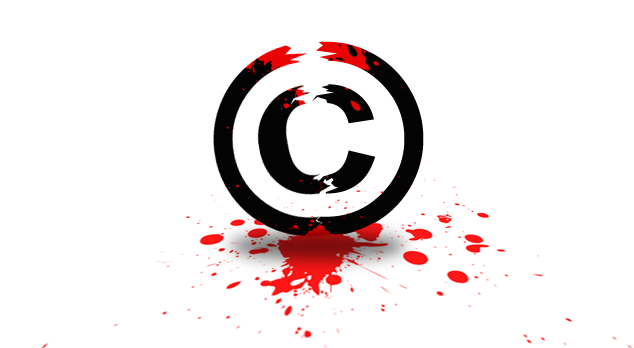

This morning, the Web is abuzz debating copyright, and the comments coming from both sides continue to be snarky, obstinate, and most importantly, worlds apart.
Clearly, it’s better to have this acrimony than not. The copyright debate has been stifled by industry leaders and government officials for too long. Case in point is what caused the recent copyright kerfuffle — the Republican think thank that recently released a report touting copyright reform, then retracted it due to pressure from Big Content…. well, they fired the guy responsible. Conversation over.
Yes, the political and industrial elite are still trying to ensure we don’t even have this discussion. We may be a bunch of people screaming at each other in a room, but at least our voices are being heard.
But why does there seem to be no middle ground between those who believe copyright is critical, and those who believe culture should be free?
Or, to put it another way: Why can’t copyright supporters realize their policies are killing our culture, and why can’t free culture advocates realize without copyright, culture would fall apart?
What we have here is a complete contradiction in positions, so the violent clash comes as no surprise. Each side believes the other is killing culture, and will fight to the death to protect it.
So who’s right?
The problem with the debate is that both sides think they’re fighting over the same culture — and in a way, they’re right. Culture by definition is something we all share, an invisible but interconnected web of expression and communication.
But that’s not the way the debate should be framed for one big reason that virtually everyone is ignoring:
We are trying to kill each other’s culture, trying to stop each other from sharing the way they want to share. And it’s got to stop.
There are no absolutes in human culture. Some folks want to be Steven Spielberg (Star Wars and Jaws), others are happy being like Harmony Korine (Gummo, Kids, Trash Humpers). Both represent the apexes of their respective cultures — the biggest difference is that Spielberg’s culture is about pleasing the greatest amount of people and making the most amount of money, while Korine’s culture is pleasing only himself and his small niche audience, worrying about money only as far as it allows him to sustain his art.
The world is full of Korines wanting to become Spielbergs. At some point along the way, the transformation from Korine to Spielberg requires being exploited and making compromises. This is precisely where art crosses over to business. How quickly the Spielbergs forget their humble beginnings, and how quickly the Korines resent their success and judge them for it.
We all need to support the Korines, but over time the copyright system has transformed from something to protect the Korines, to something that protects the Spielbergs. That should come as no surprise to those who understand copyright has always been meant to protect business, not art.
Want to bridge the polemical gap? Let’s start with the truth: we need each other to succeed. The Korines need the Spielbergs to keep the market going, the the Spielbergs need the Korines to keep the art going. Without the Big Content megastructure, there wouldn’t be as much business opportunity for the indies, but without the indies, Big Content dies.
We should celebrate our passions, whether they be business, art, or a mix of both. But we have to be cognizant that while we may be at opposite ends of the media ecosystem, there’s room for both of us to thrive if we can foster mutual respect. Only then will we get the kind of copyright reform we need, or else both our cultures may die.
